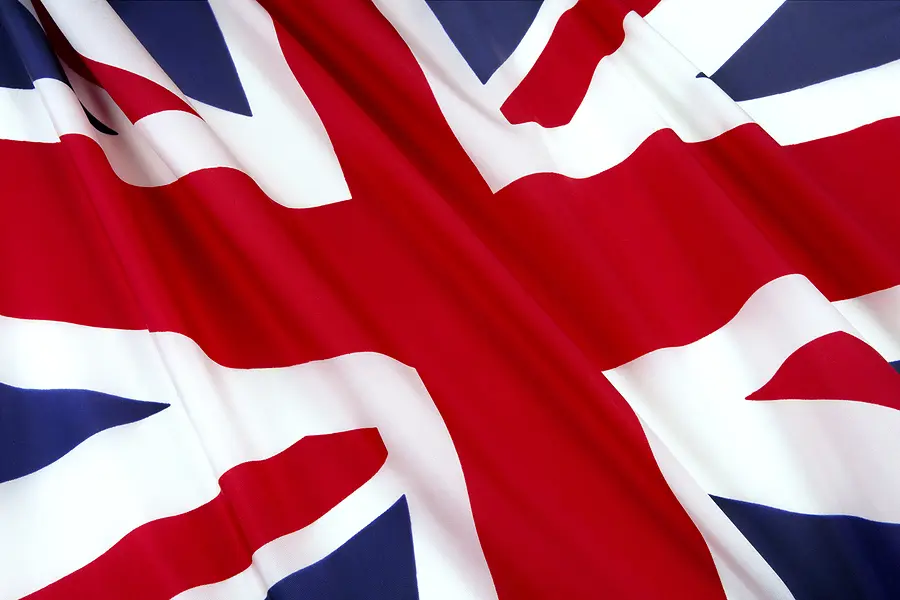UK Narrows its Trade Deficit
Britain managed to narrow the gap between its imports and exports in August as figures from the Office of National Statistics (ONS) showed that the national trade deficit fell to £1.9 billion in August from the previous £3.1 billion it was posting in July.
This is largely due to a fall in imports as the rate of construction output dropped by 3.9% in August after a 1.9% rise in July and as such fewer materials are coming into the country. However, the fact that Britain is the fastest growing developed nation in the world will also have a tremendous impact on this figure as well.
Goods exported from the United Kingdom fell by £0.7 billion, which mostly arose from a fall in oil sales, but this is also partially down to weaker trading partners in Europe and elsewhere taking their toll on the British economy. Imports fell by almost £2 billion however which means that the trade deficit has still been cut, despite exports struggling, as Britain tries to flex its new found economic muscle.
It’s not just goods that have narrowed the gap as Britain continues to run a surplus of trade in services which is spurring on growth and helping to close the gap. Chris Williamson, chief economist at Markit, said of the deficit and the Eurozone:
“It’s easy to see why exports are declining. Growth has slowed sharply in the Eurozone, with even Germany facing the possibility of a renewed recession. Sanctions with Russia are clearly hurting European trade. In addition, just as demand is slumping, sterling’s appreciation is making UK goods less competitively priced in overseas markets.”
With Lee Hopley, chief economist at EEF, the manufacturers’ organisation, also saying:
“While some of the decline can be attributed to oil, there has been a slide in manufactured exports generally over the past year. The data provide yet another reminder that the export part of the rebalancing equation continues to face some significant challenges.”
Despite negative outlooks on some fronts, many economists have speculated that Britain’s economy may well be able to ride out the period of turbulence other parts of Europe is experiencing die to its strong growth, separate currency and growing trade links. With trading partners like America an China, who are both also surging ahead, Britain has an advantage over other Eurozone countries who rely heavily on their neighbours in the same economic bloc.
For more information about immigration into the UK visit http://www.immigrationintoeurope.com/ or to incorporate go to http://www.immigrationintoeurope.com/ or email us atinfo@immigrationintoeurope.com


